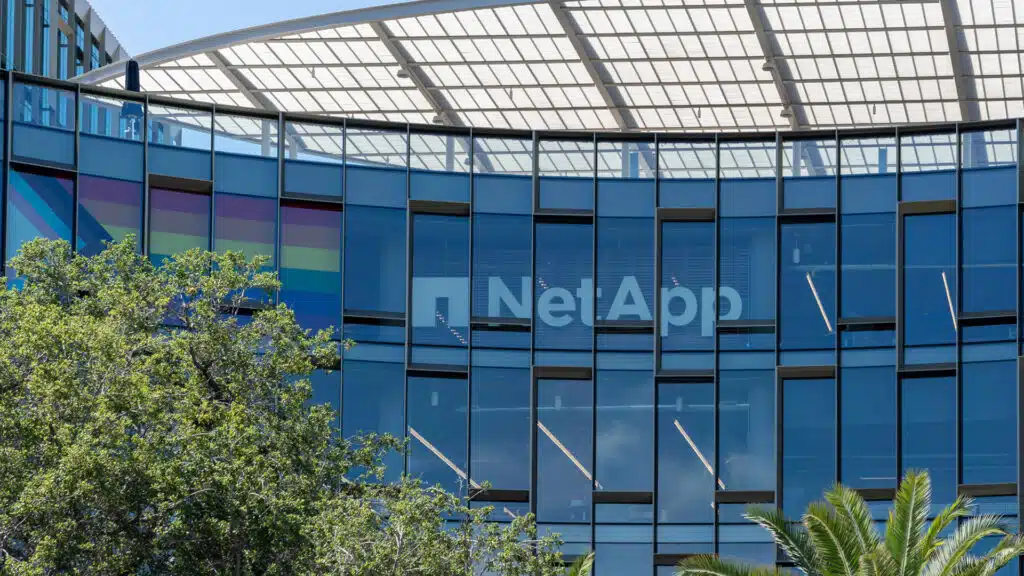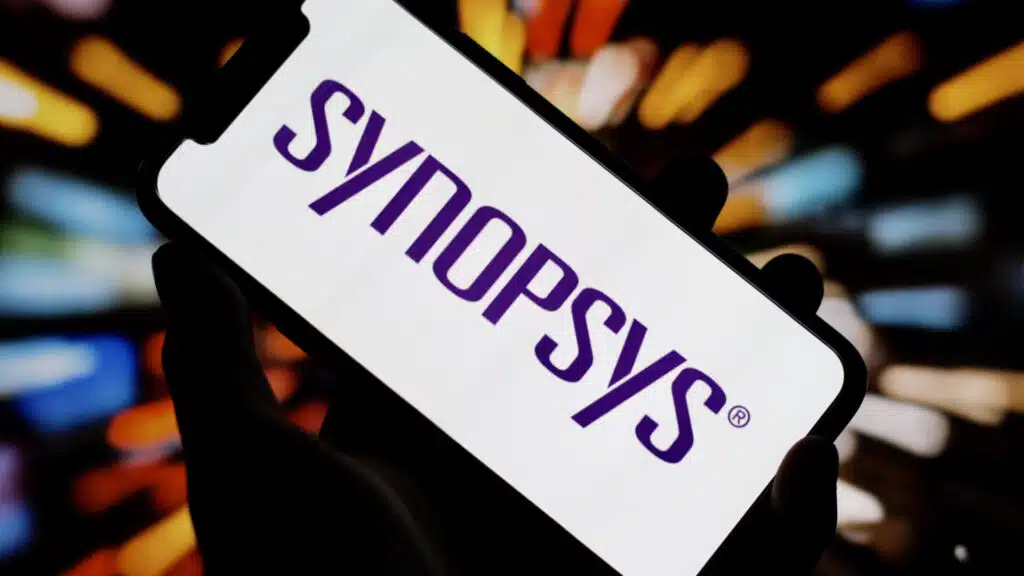The News: BROOMFIELD, Colo., July 21, 2021 /PRNewswire/ — Honeywell (Nasdaq: HON) and Cambridge Quantum today announced three scientific and technical milestones that demonstrate the viability of large-scale quantum computing and show that quantum-enabled solutions for optimization are closer than expected. Read the full news release in the Honeywell Newsroom.
Analyst Take: Quantum Computing has been an increasingly important topic over the past several quarters, with the likes of IBM, Google, Intel, and a mass of upstart and specialty firms like IonQ and Rigetti all putting their hats in the ring to be the “leader” in this rapidly evolving, yet still unproven field.
Honeywell Quantum Systems (HQS) is another major player in the space. With its recent deal with Cambridge Quantum Computing (CQC), the two are forming a new venture. Honeywell will hold 55%, which is set to bring together the best of HQS Ion-Trapping quantum machine and CQC’s specialty software designed to democratize the use of Quantum computing.
Honeywell and CQC Make Three Material Quantum Announcements
Today’s announcements from HQS and CQC represent the first breakthrough announcements to come from the two companies since the announcement of the new company. We had the chance to speak to Tony Uttley, president of HQS, and CQC CEO Illyas Khan, and the two provided a robust narrative on the impetus of the tie-up between the two companies. However, in short, I have concluded that Honeywell is making meaningful headway with its hardware and sought out a partner on the software side to expedite the market adoption of quantum computing.
The three big announcements can be boiled down as follows:
- Honeywell Quantum achieved a quantum volume of 1,024, doubling its previous record from just a quarter ago.
- The company was able to demonstrate real-time error correction successfully
- CQC announced a breakthrough algorithm that enables quantum machines to do more significant calculations with fewer qubits.
To the less technical reader, all of this may sound like jargon. Allow me to be pointed here when I tell them it is not.
The way I read into these updates is that the advancement in quantum is accelerating. I expect big announcements from the competitors mentioned above too. And, I’m expecting more and more practical announcements about making quantum machines more available and the use-cases more digestible, much like the somewhat recent launches of quantum computing in the cloud via Azure and Amazon Bracket.
Accuracy has been one of the most prominent shortfalls for quantum. Quantum requires stable qubits that have the ability to correct in real-time in order to continue to evolve to solve more complex problems. In terms of real-time error correction, this is a massive breakthrough.
Completely different, yet in the same vein as the error correction, is the important CQC announcement about utilizing an improved algorithm to optimize qubit utilization. Much like classical computing, the ability to optimize the resource of each CPU, whether using software or hardware, will be important as quantum continues to proliferate. The software behind quantum computing has been less of a focal point in the early days of tech companies fighting for quantum supremacy. However, as we move to more practical deployments of quantum, I expect the software to become the leading edge of innovation rapidly.
Overall, an important slate of announcements between the two companies ahead of the official launch of the new co-branded entity. Quantum continues to be an area of innovation, complexity, and interest to the market, and more importantly, to the world as it has the potential to solve many problems that classical computing alone cannot solve or cannot solve quickly.
Futurum Research provides industry research and analysis. These columns are for educational purposes only and should not be considered in any way investment advice. Neither the Author or Futurum Research holds any positions in any companies mentioned in this article.
Other insights from Futurum Research:
Check Point and Alibaba Cloud Raise the Multi-Cloud and Cloud Security Stakes
Dell Technologies’ Making Real Progress on ESG and People-Focused Initiatives
Andy Jassy Takes The Helm At Amazon
Image Credit: Honeywell
Author Information
Daniel is the CEO of The Futurum Group. Living his life at the intersection of people and technology, Daniel works with the world’s largest technology brands exploring Digital Transformation and how it is influencing the enterprise.
From the leading edge of AI to global technology policy, Daniel makes the connections between business, people and tech that are required for companies to benefit most from their technology investments. Daniel is a top 5 globally ranked industry analyst and his ideas are regularly cited or shared in television appearances by CNBC, Bloomberg, Wall Street Journal and hundreds of other sites around the world.
A 7x Best-Selling Author including his most recent book “Human/Machine.” Daniel is also a Forbes and MarketWatch (Dow Jones) contributor.
An MBA and Former Graduate Adjunct Faculty, Daniel is an Austin Texas transplant after 40 years in Chicago. His speaking takes him around the world each year as he shares his vision of the role technology will play in our future.







